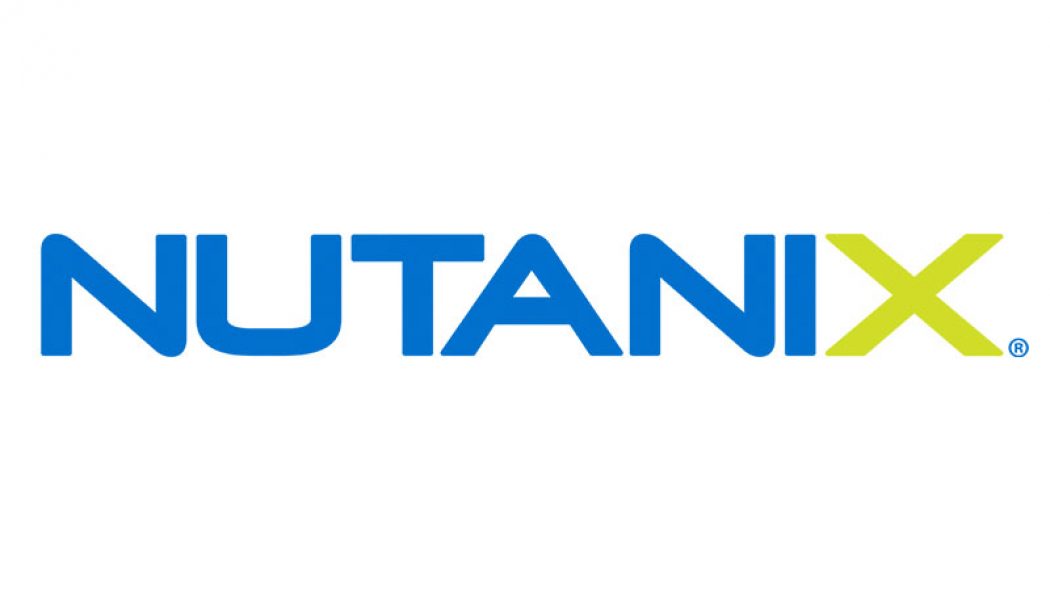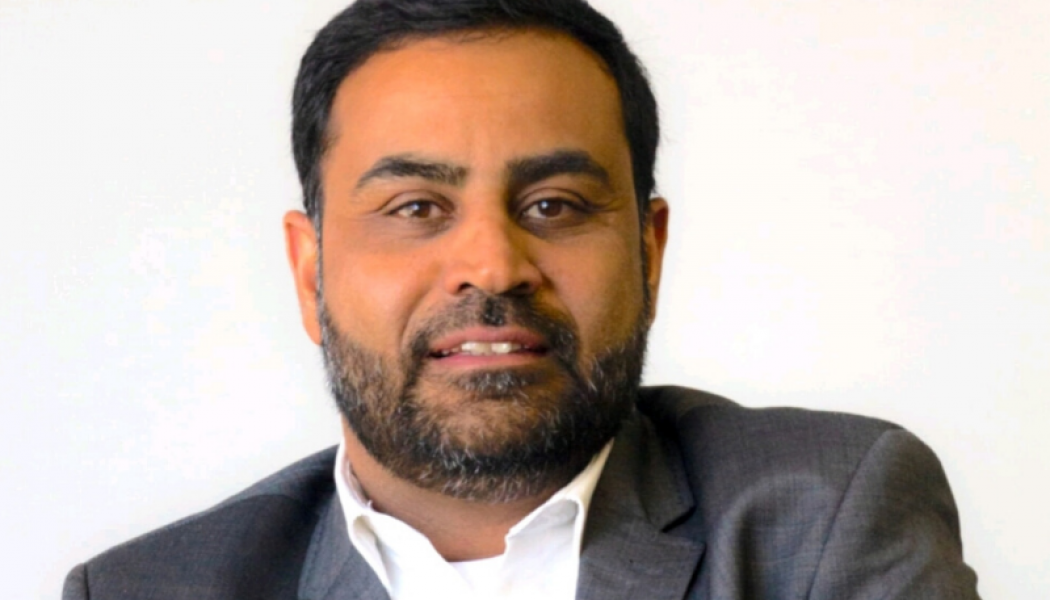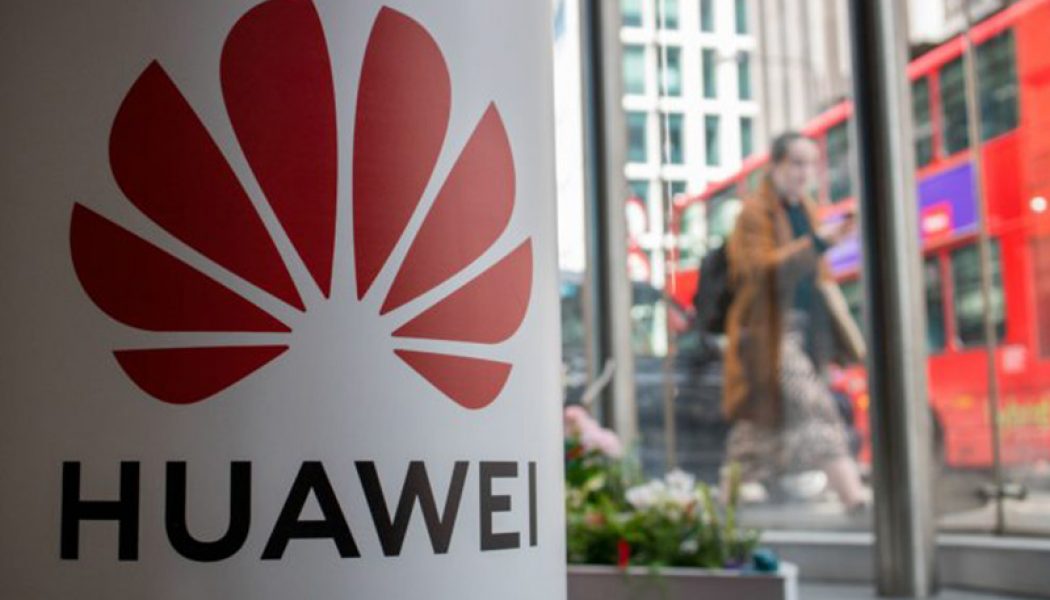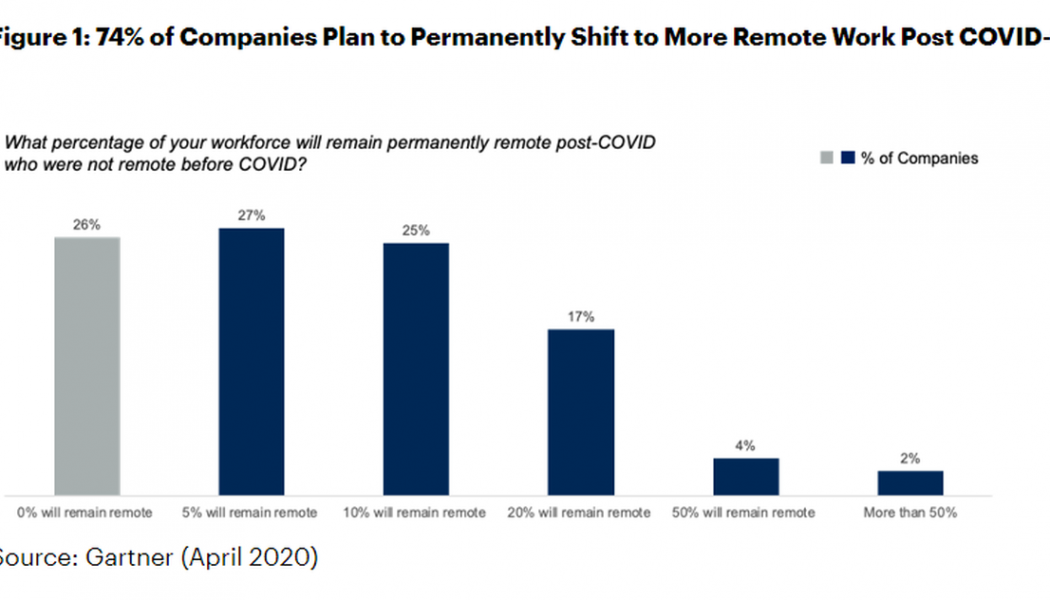Company News
Nutanix Appoints New Director of GSI Business
Enterprise cloud computing company, Nutanix has announced that it has appointed Adam Tarbox as Director of Global System Integrator (GSI) Business for the Europe, Middle East & Africa (EMEA) region. With more than 25 years’ experience in the IT industry, Tarbox moves to Nutanix from NetApp, where he spent more than a decade running the Service Provider, Channel UKI and GSI UK business units. In his new role, Tarbox will be responsible for developing and executing an overarching regional alliance strategy for Nutanix’s GSI partners. He will lead a team distributed across the EMEA region, and be focused on driving go-to-market (GTM) activities with GSIs around joint offerings for both horizontal markets and industry verticals. “GSI partners are a key element of our ability to deliver exa...
SADV ISP Appoints New MD
SA Digital Villages (SADV) ISP has appointed telecommunications industry veteran, Junaid Munshi as its new managing director – effective 01 June 2020. The company recently became a standalone entity after its fibre network division was absorbed by Vumatel in April of this year. SADV ISP says that the appointment signals the company’s focus and commitment to delivering world-class Internet access to its customers. Munshi, who brings more than two decades of experience in telecommunications – spanning four countries, will be instrumental in driving customer uptake and delivering growth across the business Speaking on his new appointment, Munshi says “I am super excited to be joining the team at SADV. I believe that we have a unique opportunity to establish a new digital dawn for all South Af...
Google Launches Website to Help People Avoid Online Scams
Sourced from Google. Ever opened your emails and received a poorly-worded message about a payment that you weren’t expecting? What about one proclaiming that you’ve won a competition you never entered. “Congratulations!” it reads, beneath, a sinister attachment that you probably should not open. This is becoming more and more common, and now Google has unveiled a website to teach people how to spot and avoid online scams. Digital hoaxes, malware and cyberattacks have been surging during the ongoing coronavirus pandemic. The website – Scamspotter.org – tries to show users how to identify things such as false stimulus checks, fake vaccine offers, or other fake medical information. The site also attempts to make clear certain patterns that are typical of hoaxes, like a romance scammer asking ...
Enterprise Data Storage ‘business as usual’ with Tintri and Networks Unlimited
As the world grapples with a totally different business dynamic in the wake of the global lockdowns currently in place, the enterprise storage industry must continue showcasing the continuous innovation that enables compelling solutions for its clients. This, however, is not so easy for all players in the current economic downturn. This is according to a recent blog entry by Tintri, which provides AI-enabled intelligent infrastructure, and partners in South Africa with value-added distributor Networks Unlimited Africa. According to the blog, “Innovation and continuous investment therein are key drivers that enable compelling solutions to reach customers’ data centres. But in these extraordinary times business cannot operate as usual, and some vendors are finding their ability to maintain c...
How Lenovo is Pursuing Sustainable Supercomputers
The Leibniz Supercomputing Centre (LRZ) in Munich, Germany, contains no ordinary supercomputer. Sure, it has thousands of servers, or nodes, stacked in rows in a windowless vault with technicians working diligently on huge data crunching conundrums for research organisations; running simulations to try and better predict future natural disasters like tsunamis and earthquakes. But it is eerily quiet. Almost too quiet. The familiar whir of hot air being whooshed away by power-hungry computers is almost entirely absent. Where are all the fans? Almost all gone, as it turns out. The LRZ SuperMUC NG, which uses massive arrays of Lenovo’s ThinkSystem SD650 servers, requires nearly no fans at all – just those for cooling the power supply units and in the in-row-chillers on every eighth row. As a r...
Ericsson Launches a Digital Learning Programme for Students
In response to how the global COVID-19 pandemic has disrupted education and learning around the world, Ericsson has joined the UNESCO-led Global Education Coalition by launching Ericsson Educate – a digital programme delivering online learning content focused on improving digital skills for students in secondary schools and universities. Now more than ever, being digitally connected is vital to maintaining a sense of normalcy during the current circumstances. Education is one critical sector particularly affected by the global COVID-19 pandemic, with around 1.2 billion students and youth around the world unable to attend traditional education institutions. This has placed a huge demand for comprehensive online education programs on governments and education institutions alike. The Ericsson...























